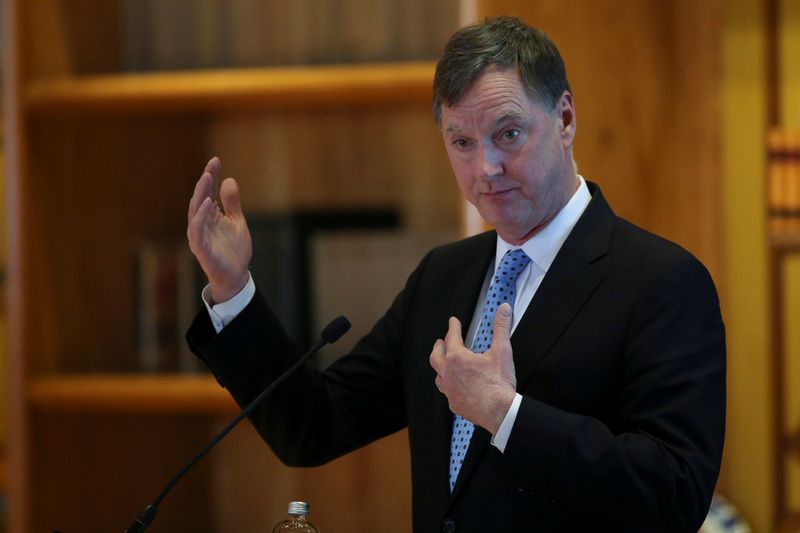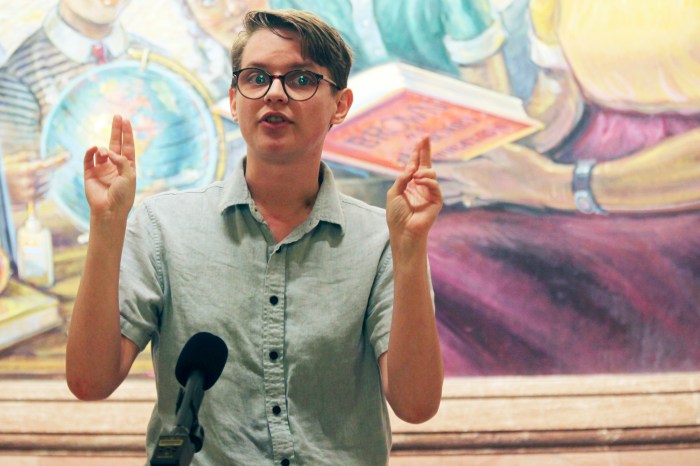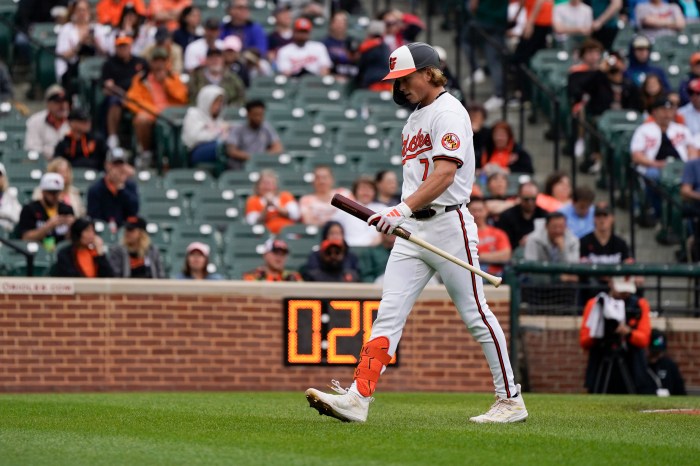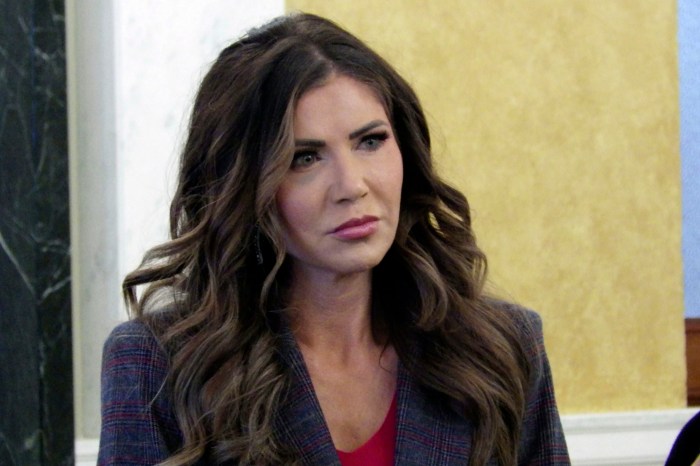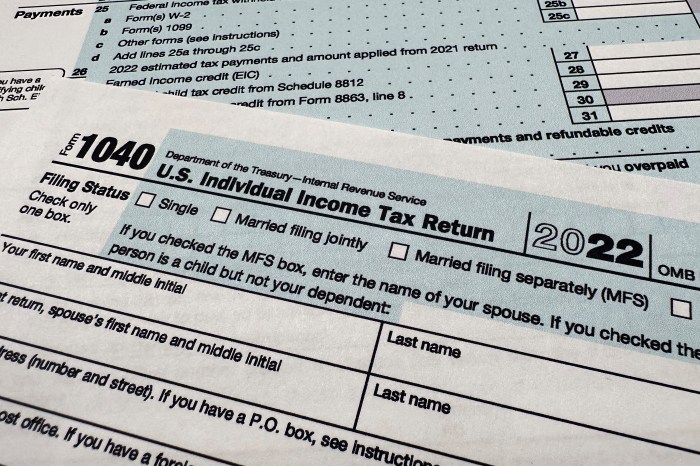(Reuters) – Chicago Federal Reserve Bank President Charles Evans on Monday said he expects U.S. inflation to reach 2% by 2023 and wants to push it to 2.5% to offset years of below-target price rises.
The Fed “needs to have an ‘in it to win it’ attitude toward our inflation objective,” Evans said at a virtual meeting of the National Association for Business Economics.
“We’ve got to overshoot for sure,” he told Bloomberg TV later. “I would be quite pleased if could get inflation, core inflation, up to 2.5% for a time.”
In August the Fed adopted a new framework to counter long-running structural forces pulling down on inflation, officially aiming for 2% inflation on average.
Last month it put that framework into practice with a promise to keep rates at their current near-zero level until inflation reaches 2% and is on track to overshoot that level for some time. Most U.S. central bankers, including Evans, believe that won’t be until after 2023.
But there is plenty of disagreement inside the Fed about what to do after that: how slowly to raise rates at that point, for instance, and how high to let inflation go.
“I think we are going to have lower for longer interest rates for quite some time, and it will probably be uncomfortable for many people,” Evans told Bloomberg TV.
Dallas Fed President Robert Kaplan, who dissented on last month’s pledge, has said 2.5% inflation would be too high.
Notably, Evans did not mention bond-buying as a way to boost inflation faster. Previously he had said that any ramp-up in asset purchases should wait until the economy returns to a healthier footing.
Evans said his forecast of inflation reaching 2% and unemployment falling to 4% in 2023 depended on more federal fiscal aid, without which there could be more job cuts.
Core inflation is expected to be just 1.5% this year, and unemployment in September was 7.9%.
Evans at NABE was asked if he was worried about a situation where a supply shock could push inflation up even while unemployment is high, forcing the Fed to choose between its two goals.
“I just haven’t seen enough evidence in the United States that these supply shocks lead to persistently high inflation that aren’t also associated with pretty bad monetary policy frankly,” Evans said.
(Reporting by Ann Saphir; Editing by Chizu Nomiyama)

